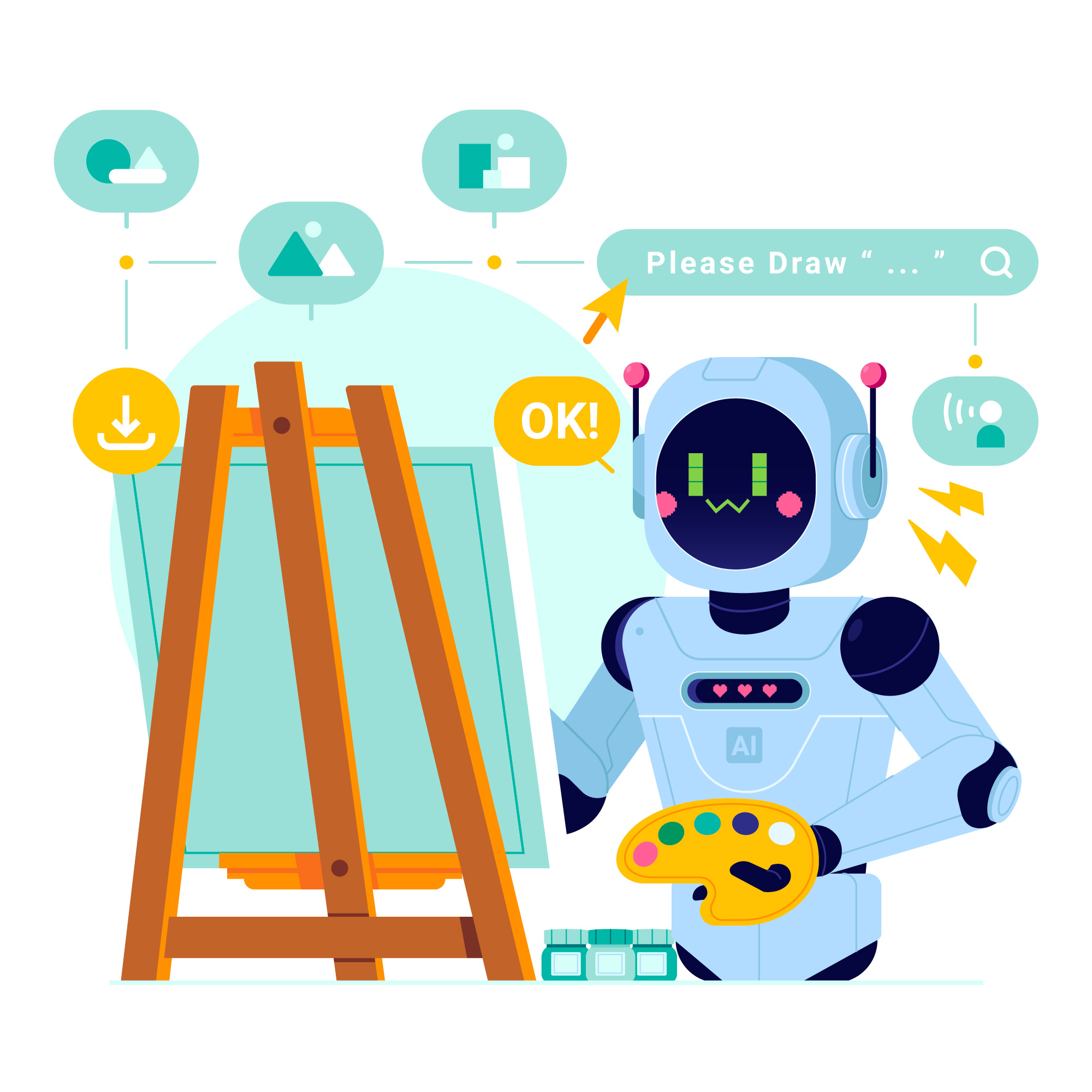The Internet of Things: Connecting the Future of Technology and Business
The internet of things (IoT) is a seamless interconnected network system of embedded objects & devices, with identifiers in which communication without any human intervention is possible using standard and interoperable communication protocols.
The internet of things is the extension of internet connectivity into physical devices and everyday objects. Embedded with electronics, internet connectivity and other hardware like sensors, these devices can communicate and interact with others over the internet and they can be remotely monitored and controlled by computers and smart phone.
Application of Internet of Things
- Smart Cities: Cellular Communication-enabled smart municipal bins will notify the municipal services when the bins need to be emptied
- Agriculture: Soil moisture and nutrient sensing, water regulation for plant growth, and deciding the type and quantity of fertilizer usage are some simple applications of IoT in Agriculture
- Energy Usage: Smart Grids shall be capable of identifying the source of power outage, take automatic inputs from solar panels so that it enables distributed energy systems.
- Health Care: This will ensure personalised analysis of an individual's health to create tailor-made strategies to combat illness. Patient monitoring and health outcomes will be improved.
- Manufacturing: The IoT intelligent systems enable rapid manufacturing of new products, dynamic response to product demands, and real-time optimisation of manufacturing production and supply chain networks, by networking machinery, sensors and control systems together.
- Environmental Monitoring: To aid in safeguarding the environment by water quality, air quality, atmospheric or soil monitoring. These might even extend to monitoring the movement of wildlife and their habitat.
- Supply Chain: By putting RFID tags on individual products, the exact location of single item in a large warehouse can be shared and thus saving search time, streamlining infrastructure and lowering cost.
Challenges with Internet of Things
- Lack of openness in IoT technology, research and development.
- IoT devices gather a lot of personalised data, which can be used to breach privacy of individuals.
- IoT can soon become indispensable for consumers
- Possibility of greater government monitoring, civil rights violations and suppression of dissent
- Lack of development of standards and protocols which are accepted widely
- Threat of cyber-security violation and hacking
Potential of IoT in Business
The Internet of Things (IoT) holds unparalleled potential to revolutionise businesses across industries by fostering innovation, efficiency, and scalability. It enables businesses to harness real-time data for decision-making, enhance operational processes, and deliver personalised customer experiences. IoT empowers industries to adopt predictive maintenance, improve asset utilisation, and optimise supply chains, resulting in cost reduction and heightened productivity.
Furthermore, IoT is driving new business models such as subscription-based services, remote monitoring, and smart product ecosystems, allowing companies to tap into previously unexplored revenue streams. By integrating IoT into their core strategies, businesses not only improve performance but also gain a competitive edge in an increasingly interconnected world.












